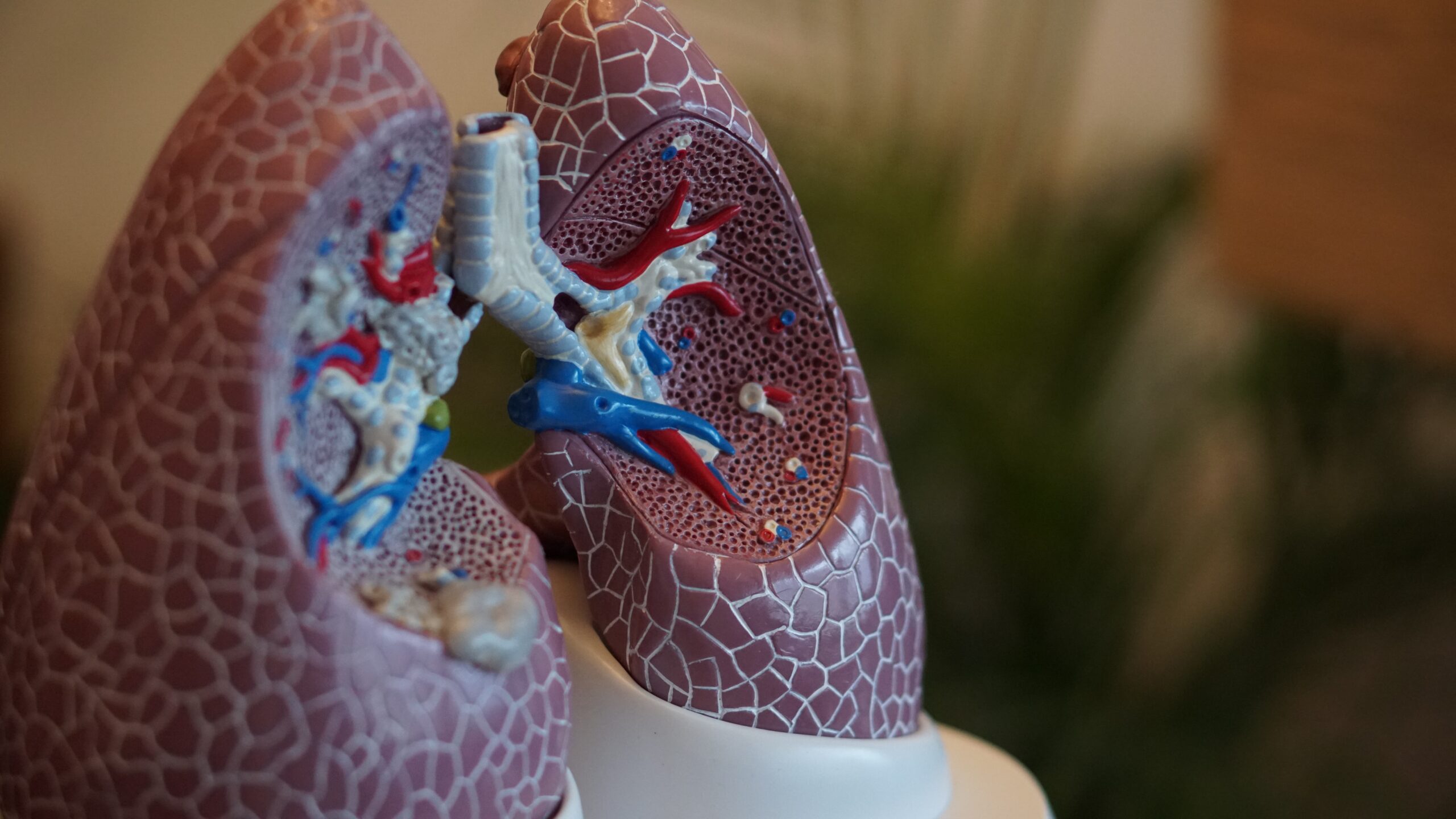News
World Asthma Day by Dr Helen Maclean
May 2, 2023
Asthma is a very common medical condition in Australia affecting about 1 in 9 people. It is usually diagnosed in childhood but can develop in adulthood. It often coexists with conditions such as eczema and hay fever and there can be a family history.
Asthma causes narrowing of our airways. The airways tighten and thicken and fill with mucous. This makes it harder to breathe and may cause a cough or a wheeze (whistle type noise). Asthma symptoms come and go, and triggers vary from person to person. Common triggers for asthma includes respiratory infections, exercise, cold air, cigarette smoke, and allergens like grass and pollens.
While there is currently no cure for asthma, it can be well managed. Most of the time, people with asthma should have little or no symptoms. They may have flares or occasional asthma attacks where their symptoms worsen and become out of control.
Asthma management
For good control of asthma, see your doctor regularly. They will help you learn to manage your symptoms and recognise triggers and explain when to take medicines to prevent symptoms flaring. It is also important to have an Asthma Action Plan which tells you exactly what to do when your symptoms occur and when to seek more urgent medical attention.
The most common types of medicines used for asthma are inhalers (which deliver the medication in a mist-like gas to the lungs) and sometimes tablets. It is very important that you know how to use your inhaler correctly otherwise the medicine won’t make it to where it needs to go – into your lungs! Please consult with your GP, pharmacist, or asthma educator about how to use your device. The National Asthma Council website has many videos which can also help to teach you the correct technique.
Like most things health-related, it is important to keep fit and active. People with asthma should be able to participate in almost any sport or exercise. Scuba diving is the only sport not generally recommended.

